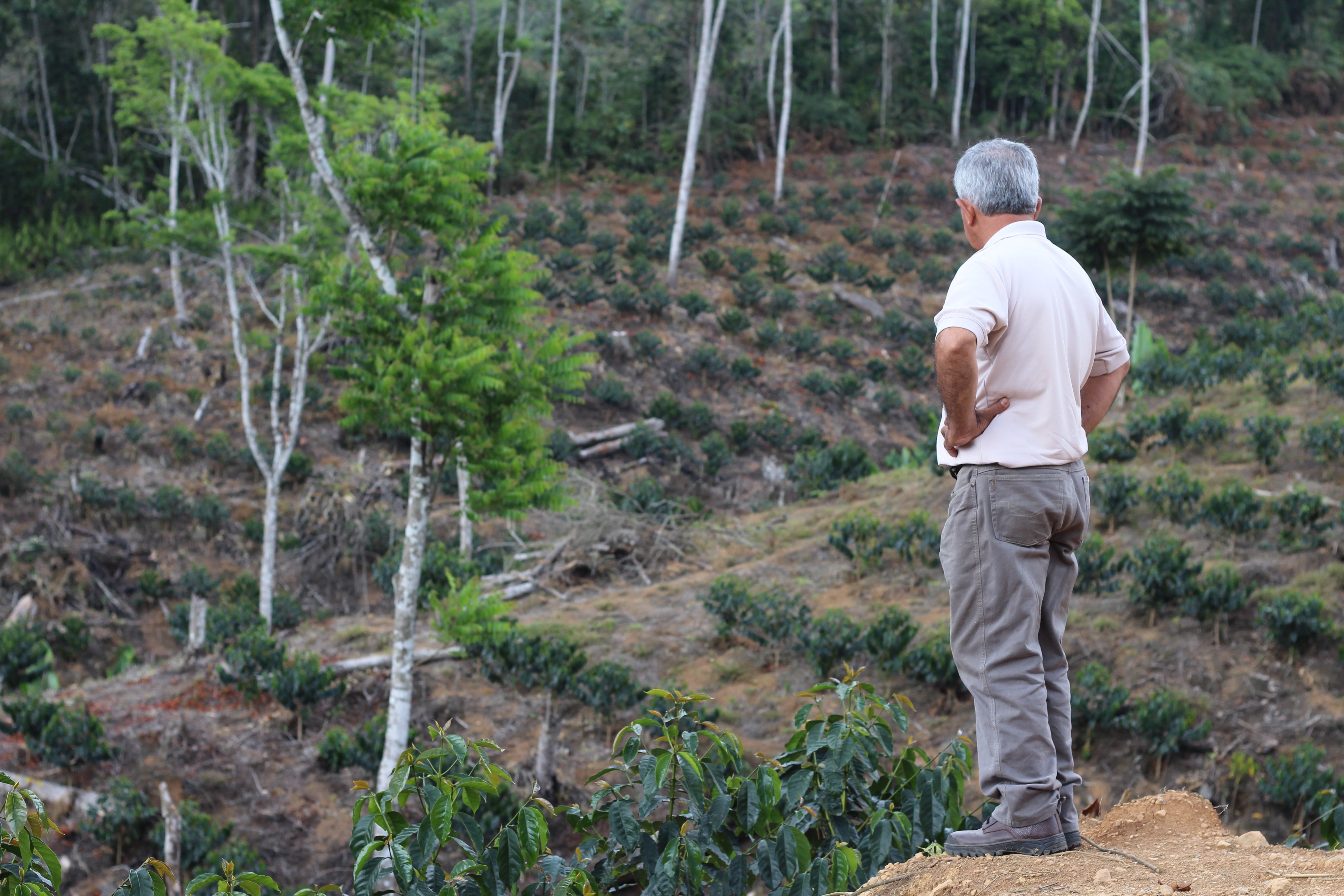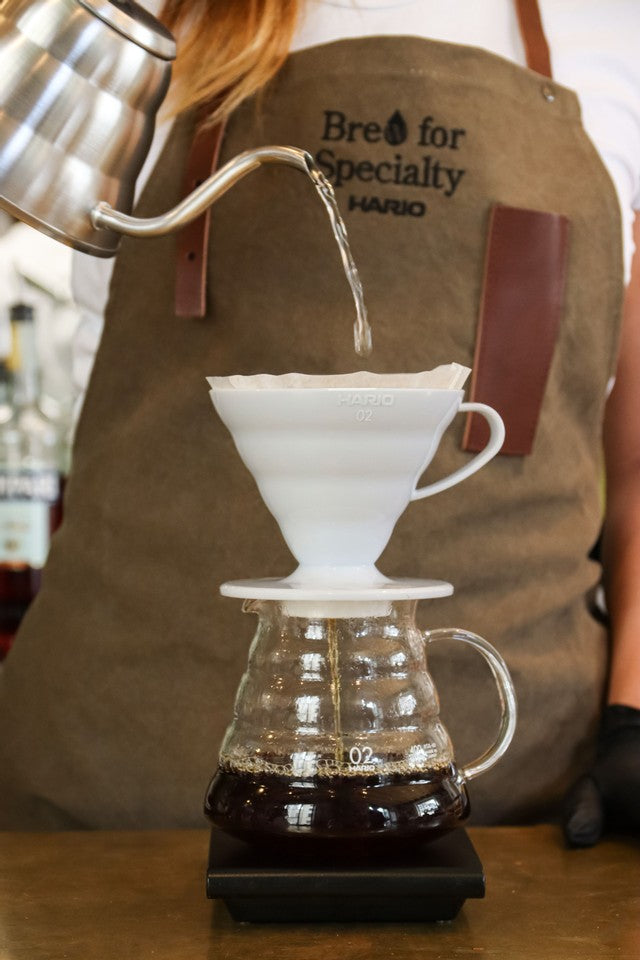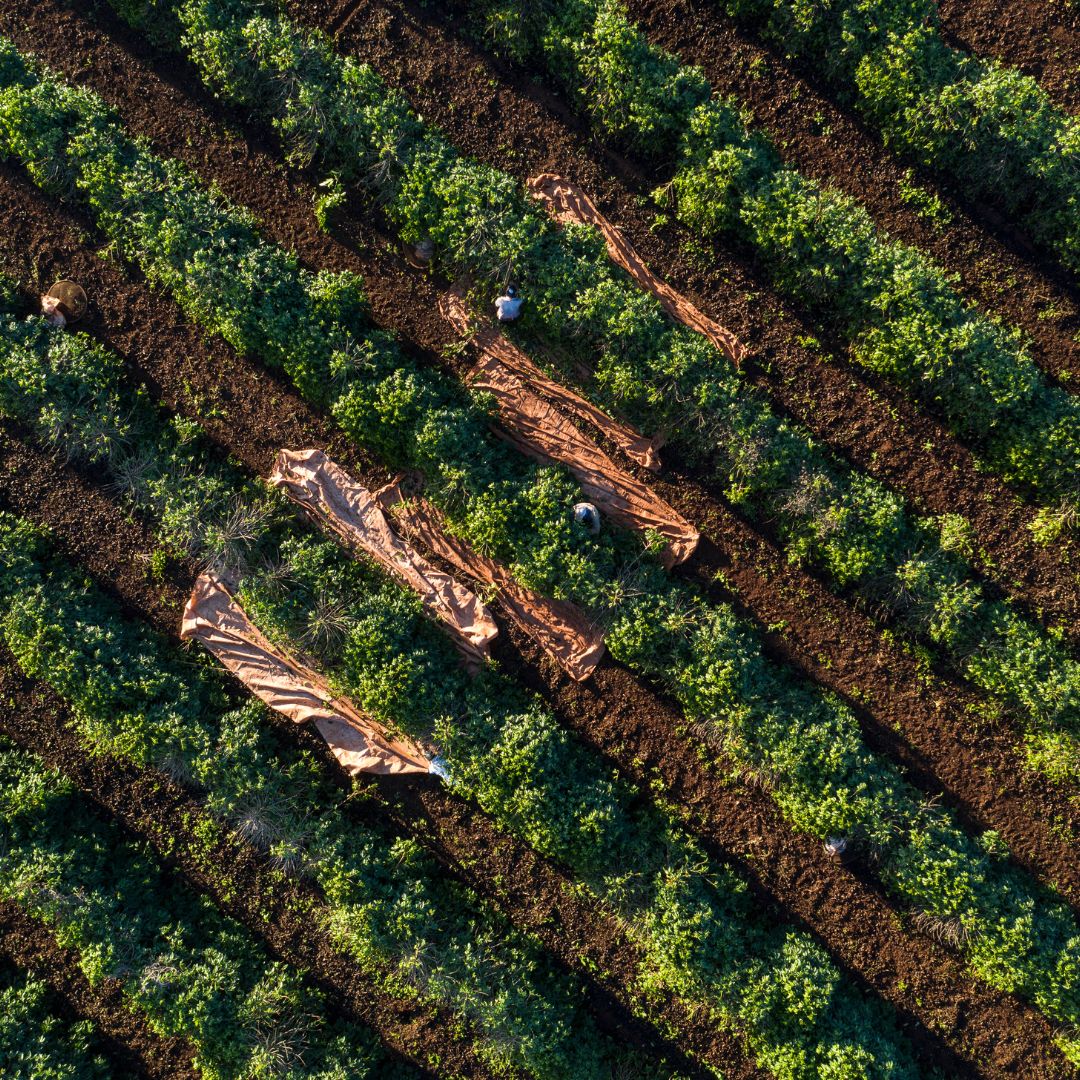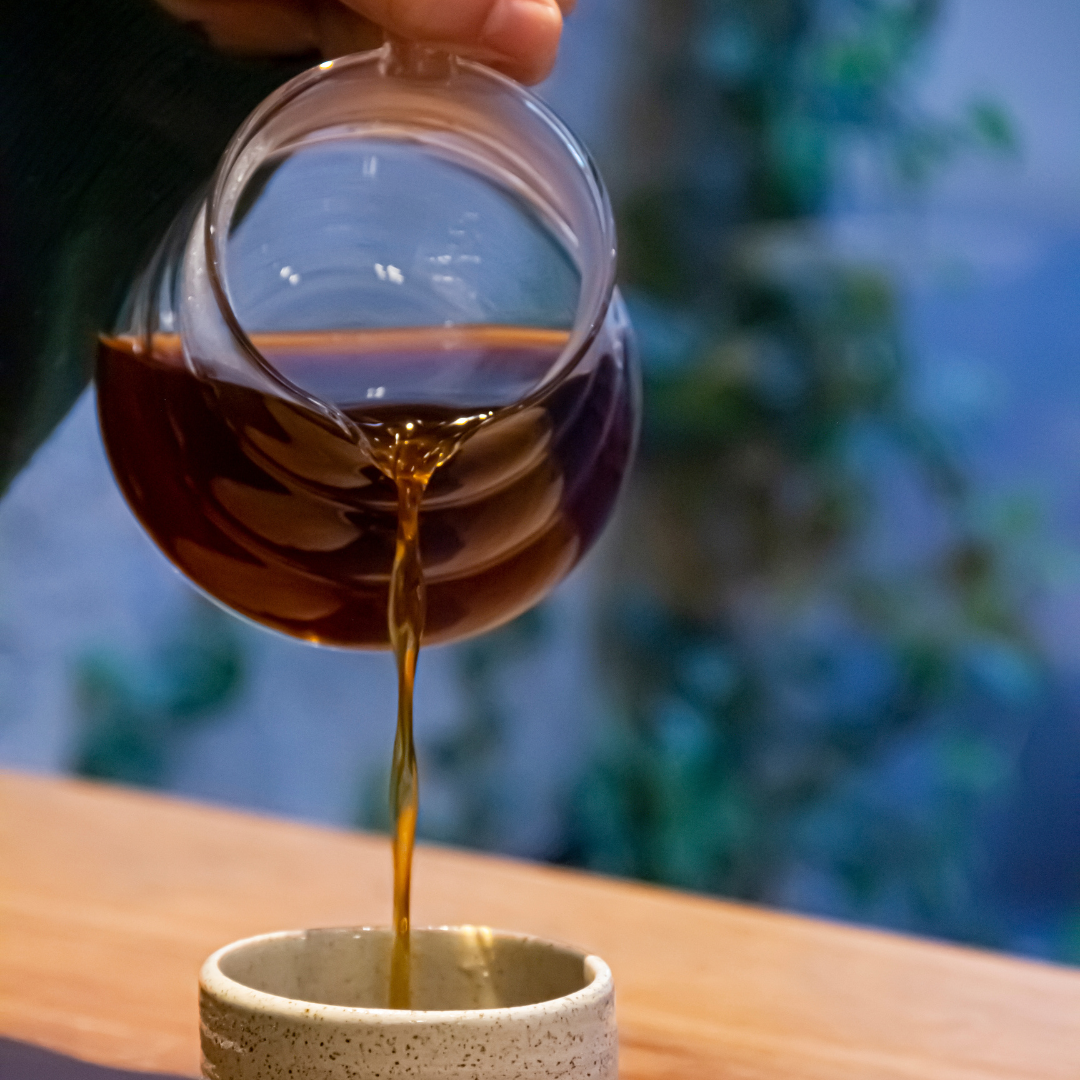Coffee is the third most consumed beverage in the world, nevertheless all producing countries are producing less and less coffee, in particular the Arabica variety, which accounts for more than half of world production. To this is associated the problem of the strong demand for this product, given by the large consumption that is made of it; in fact there are many countries that have rediscovered this drink, just think of China, a tea consumer country par excellence, which looks to the black drink as a worthy "snack companion" of the traditional national drink.
On the other hand, the lower production capacity also derives from other problems, starting with the increasingly adverse climatic conditions that are affecting the producing countries.
Coffee production has been decimated due to the extreme climatic events that have affected the producing countries during the past months. The main phenomenon that has damaged crops the most is that of "La Niña", a meteorological phenomenon that causes the Pacific to cool down in South America and pushes warmer water towards Asia. During this phenomenon, generally, in South America there is a tendency to have more drought with winter temperatures drier and warmer than normal.
This phenomenon, in addition to having penalized production in 2021, according to some studies will also affect next year, continuing to create inconvenience for all coffee producers. Making coffee today is increasingly difficult; to the ice colds of Brazil, the heavy rains in Colombia, the problems generated by the covid, we must add the war in Ethiopia and the continuous expansion of the fungus called "leaf rust", which is killing various crops in all the states where coffee is product.
What is the coffee industry doing to respond to these challenges? First of all, it seemed useful to raise the price of coffee, which should support this production crisis. In the field, on the other hand, thanks to the efforts of researchers, the cultivation of new botanical varieties that are more resistant to climatic adversities and capable of producing higher quantities than the original Arabica varieties are being experimented. We hope these tests are successful, avoiding the risk of running out of coffee by 2050.









